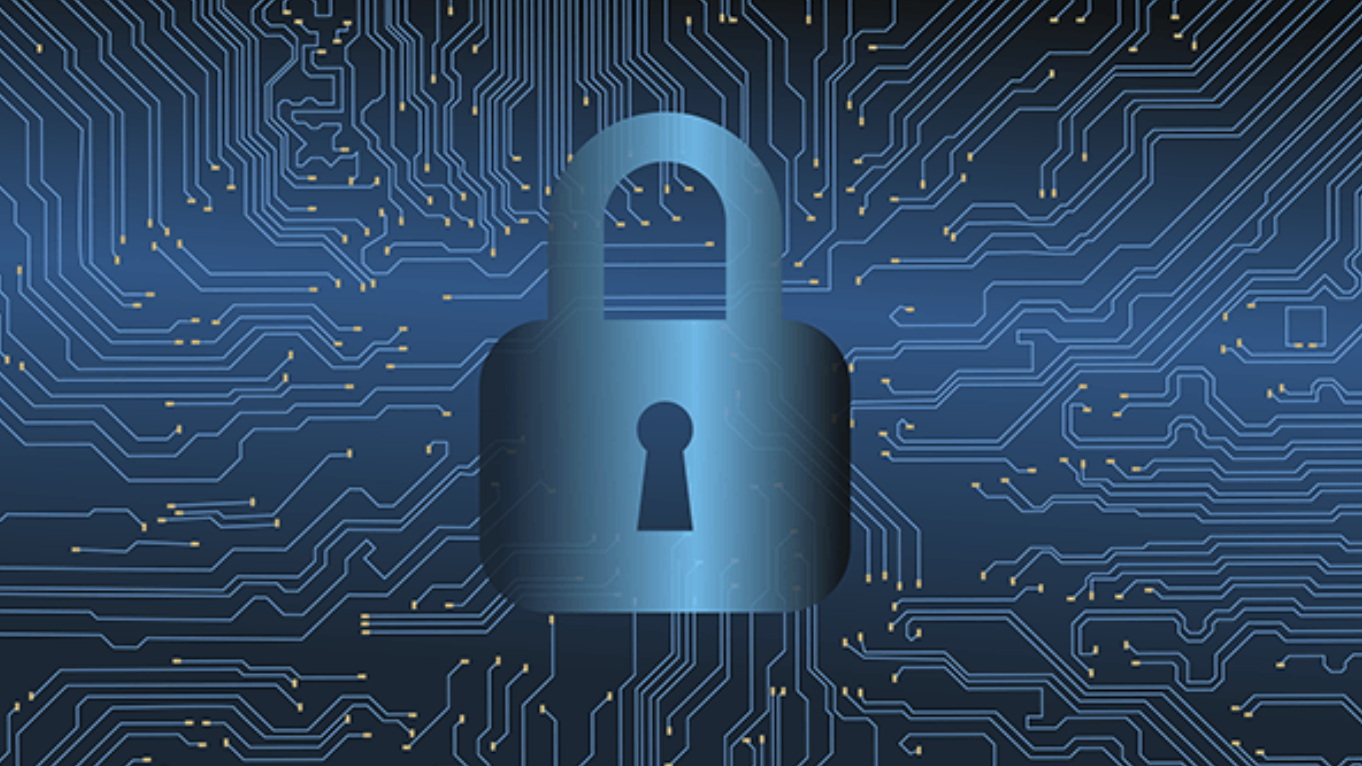Tips for Avoiding Crypto Scams
With the explosive growth of the cryptocurrency markets, we've seen equally explosive growth in scams targeting crypto holders. CoinTracker takes security very seriously [http://www.cointracker.io/security], which is why we want to share how you can best protect yourself from crypto scammers.

With the explosive growth of the cryptocurrency markets, we've seen equally explosive growth in scams targeting crypto holders. CoinTracker takes security very seriously, which is why we want to share how you can best protect yourself from crypto scammers.
We have also recently seen scammers become more sophisticated in their approach of impersonating CoinTracker team members to defraud people of their hard-earned money. In this post, we break down the approach of the scammers to help you protect yourself.
Anatomy of the scam
A recent scam we have seen begins with outreach from a group claiming to represent a trading group, firm, or even CoinTracker itself. Often these scammers are members of Facebook, Telegram, or WhatsApp groups of crypto-traders and use these communities to find potential targets.
Note: CoinTracker will never reach out to you over social media like Telegram or WhatsApp to ask for payment, credentials or wallet information.
The scammer will provide an account to send the "investment" to, claiming that this is a deposit into your CoinTracker account. At this point, if you send the scammer your funds they are lost. There are no ways to undo a crypto-transaction.
Note: CoinTracker is not a wallet nor an exchange and does not hold cryptocurrency for you. CoinTracker only ever needs read-access to your existing wallets or exchanges.
The scammer will give you access to a CoinTracker account they've created for you (usually under your email address) that has a cryptocurrency wallet added showing your "investment."
Note: If someone sets up an account for you, make sure you really trust them. Don't believe that just because you see a balance in CoinTracker that means you control those funds. Any public wallet can be monitored by any CoinTracker account (read-only public access). Always enable two-factor authentication on your accounts, and use a secured email address for sign up.
When you're ready to collect your "investment" the scammer will ask for a processing fee, promising an even faster turnaround. At this point, whether you pay or not, the scammer will stop communicating with you.
Note: Cryptocurrency transactions are irreversible. CoinTracker cannot help you recover these lost assets. You can reach out to your local law enforcement to report this crime.
Deflecting a Scammer
In the above scam, before a victim ever interacts with CoinTracker, the scam is already in motion. Once that initial payment is sent the scammer has their initial target in hand. CoinTracker is simply a "set dressing" to build trust with the target and to increase the time before realizing that the "investment opportunity" is in fact a scam designed to fleece trusting victims.
This leaves us with little window for intervention. Most of the victims in this scam are not pre-existing CoinTracker users so we do not have a method to pre-identify who may be targeted by scammers proactively.
To help keep the crypto ecosystem safe we've instituted few changes to help:
- When a CoinTracker account is registered, or an email updated on a CoinTracker account, we automatically send our security best practices guide (which includes information about this scam and other measures) to the users' email
- We've made it clearer across our website that official CoinTracker representatives will never reach out through unofficial channels, only our Contact Us page, and
@cointracker.ioor@cointracker.comemails - We have reiterated that CoinTracker is not a service that holds cryptocurrency for users
How to Protect Yourself
Scammers are out there and they are getting more sophisticated. They have time, resources, and numbers on their side. Be cautious, suspicious, and secure!
- Enable two-factor authentication on all of your cryptocurrency services (including CoinTracker) and your email account.
- Never send cryptocurrency to someone you don't know. It is almost impossible to recover cryptocurrency once sent.
- If someone sets up a CoinTracker account for you, make sure you really trust them. Don't believe that just because you see a balance in CoinTracker means you control these funds.
- Consider using a cold storage or hardware wallet to further remove your cryptocurrencies from risk. Not your keys, not your coins.
- Back up all of your recovery codes in a safe location.
- Only communicate with cryptocurrency support services directly through their support portals. Do not trust communications over social media like WhatsApp or Telegram. Ensure when you're communicating with a provider that emails are coming from the correct domain.
- CoinTracker's official support communication channel is our Contact Us page.
- Always be suspicious! There are sophisticated malicious actors out there looking to steal from crypto-holders. If something doesn't seem right or is too good to be true do not do it.
Suspect you're being scammed?
If it's too good to be true, it probably is! Never send cryptocurrency to someone you don't know or who is promising very high returns. Cryptocurrency transactions are irreversible.
Find the Best Support with CoinTracker
CoinTracker will never ask you for payment, or information over Telegram, WhatsApp, etc. All official CoinTracker communications will come from an @cointracker.io or @cointracker.com email address. We help track your entire crypto portfolio, but can't edit the assets or help you recover assets if you do get scammed.
Nonetheless, if you would like to get in touch with our support team, please use our official communication channel and we'll be happy to respond to your query. CoinTracker members will never ask you to send them cryptocurrency, nor ask you for your password.